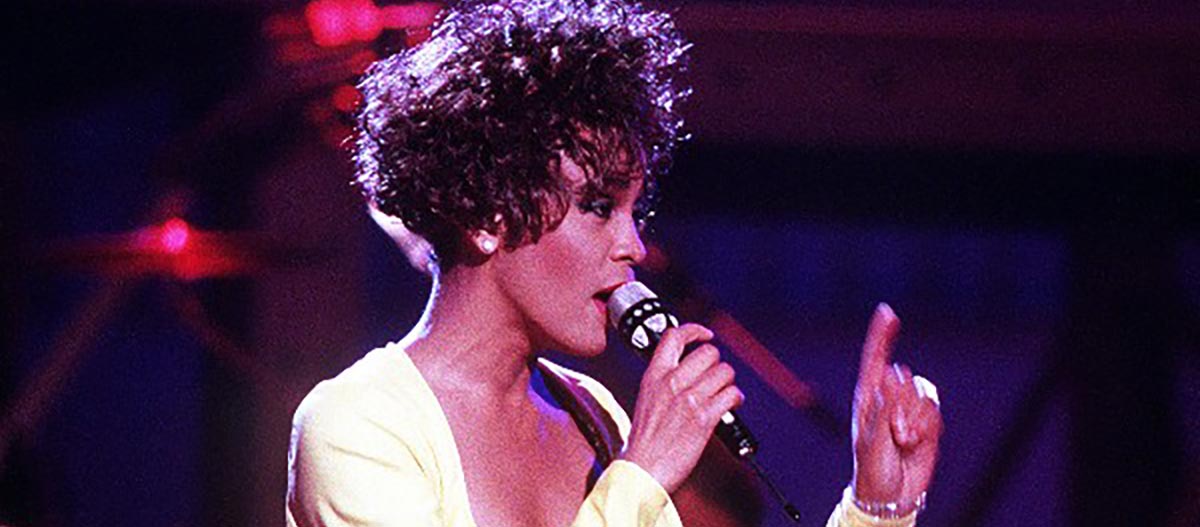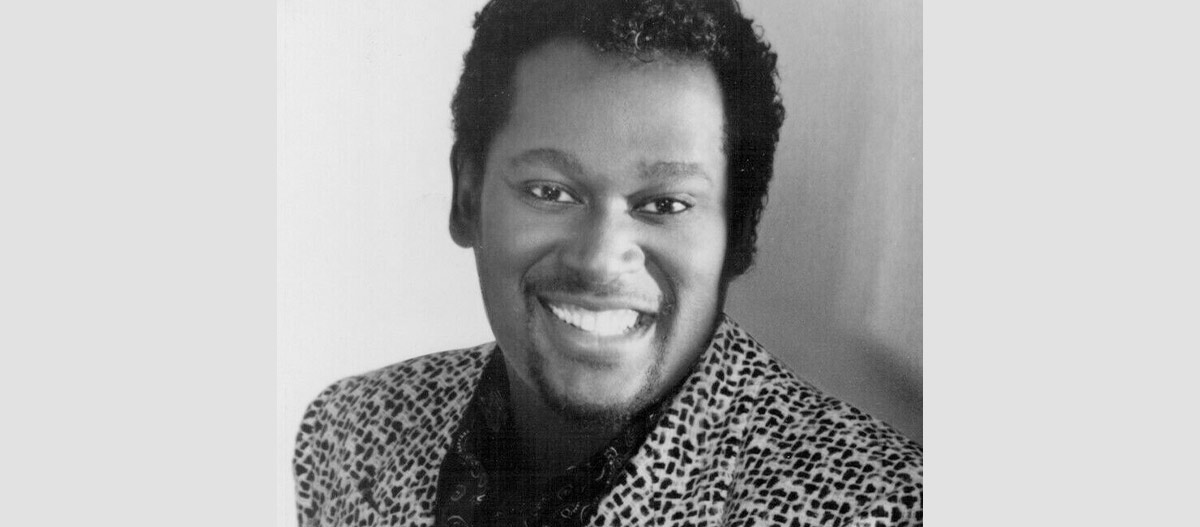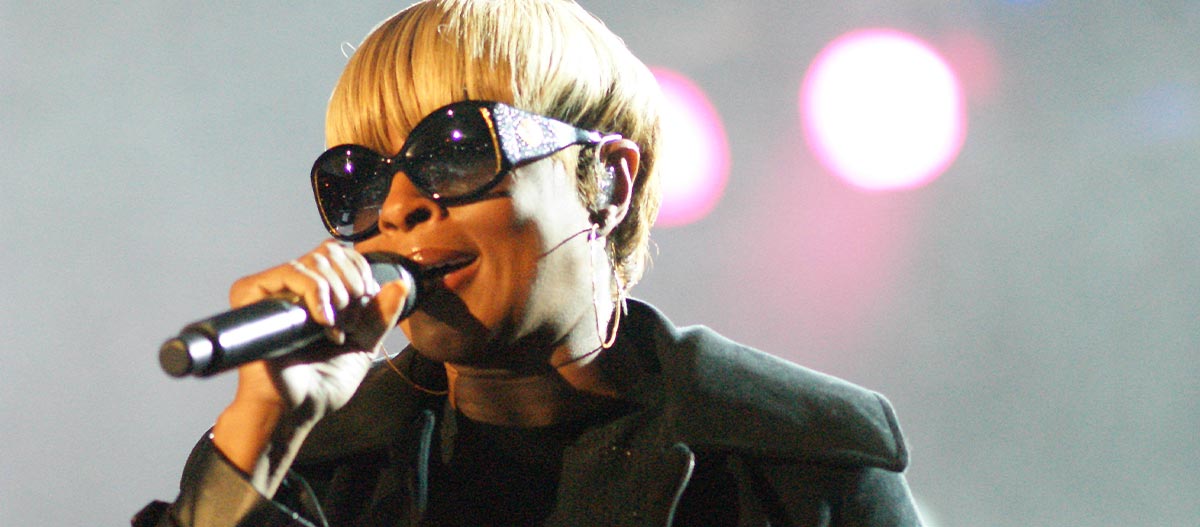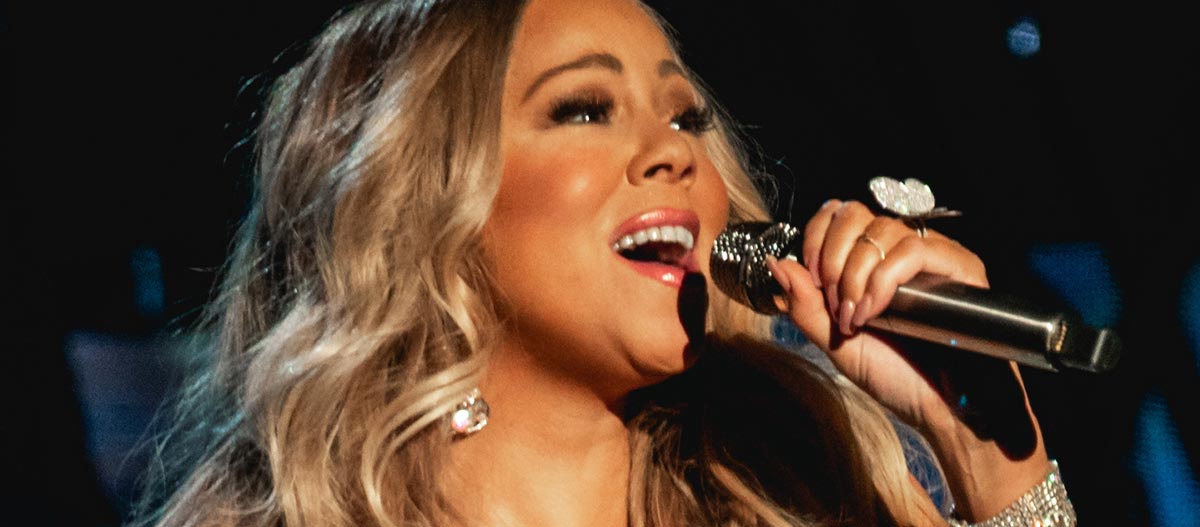Behind the success of many famous singers, there are often stories of struggle and determination.
Many vocalists started behind the stage as backup singers for well-known solo artists.
Each of their success stories is unique. However, not everyone immediately reaches the peak of success in life.
These singers began as backup singers or supporters of more popular artists, but eventually found their own place in the industry.
Here are five stories of singers who, from being backup singers, rose to fame as solo stars.
Photo: Houston performing “Saving All My Love for You” at the Welcome Home Heroes concert in 1991 by PH2 Mark Kettenhofen (derivative work: Lady Whistler). Licensed under Public Domain. Available at Wikipedia.
Whitney Houston: The Voice That Changed the Industry
Before she became “The Voice” and one of the greatest singers in history, Whitney Houston started as a backup singer in her youth.
At the age of 14, she accompanied her mother, Cissy Houston, and other artists like Chaka Khan and Lou Rawls.
Her unique voice eventually caught the attention of producers, and in 1983, she landed her first record deal.
Her debut album in 1985 catapulted her to fame, paving the way for her recognition as an international icon.
Photo: “Crow at New York Fashion Week in February 2005” by The Heart Truth. Licensed under CC BY-SA 2.0. Available at Wikipedia.
Sheryl Crow: From Backstage to Rock Star
Before her success, Sheryl Crow began as a backup singer for some of the biggest names in music, such as Michael Jackson, Don Henley, and Stevie Wonder.
Her experience behind the scenes inspired her to pursue a solo career.
Crow knew she had the potential to make her own mark in music. When she launched her solo career in the 1990s, her talent was quickly recognised.
Her album “Tuesday Night Music Club” earned her platinum success, and she went on to win multiple Grammy Awards as a result.
Photo: “Vandross in 1985” by Unknown. Licensed under Public Domain. Available at Wikipedia.
Luther Vandross: A Powerful Voice That Took Centre Stage
Luther Vandross was one of the greatest R&B singers of his time, but before reaching the height of fame, he first worked as a backup singer for David Bowie, Bette Midler, and Diana Ross.
Eventually, he began recording his own songs.
His debut album, “Never Too Much”, became a major hit, and from then on, Vandross was recognised as one of the kings of R&B, with a voice that possessed a rare blend of warmth and power.
Photo: “Blige performing at Bumbershoot in September 2010” by Amber. Licensed under CC BY-SA 2.0. Available at Wikipedia.
Mary J. Blige: Queen of Hip-Hop Soul
Mary J. Blige is one of the singers who brought a fresh and more dynamic sound to hip-hop and R&B.
Before she became known as the “Queen of Hip-Hop Soul,” she worked as a backup singer.
Through her hard work and unique talent, she caught the attention of producers who paved the way for her solo career.
With her debut album, “What’s the 411?”, she quickly rose to fame and became a symbol of female strength in music.
Her success has inspired many, especially female singers who also dream of achieving greatness.
Photo: “Carey performing on her Caution World Tour in Amsterdam, June 2019” by Raph_PH. Licensed under CC BY 2.0. Available at Wikipedia.
Mariah Carey: From Backup Singer to Global Superstar
Mariah Carey’s career began as a backup singer for Brenda K. Starr, a well-known pop and R&B artist.
After recording a demo tape, her astonishing vocal range caught the attention of music executives, including Tommy Mottola of Columbia Records.
In 1988, she signed her first record deal, and by 1990, her self-titled debut album topped charts worldwide. Carey’s story proves that with hard work, the right timing, and exceptional talent, a former backup singer can indeed become a global superstar.
Conclusion: From Behind the Stage to Centre Spotlight
These stories are proof that starting as a backup singer is not a barrier to reaching fame. Sometimes, standing behind others leads to becoming a successful singer.
The determination, hard work, and self-belief of these artists allowed them to rise from the shadows of others and be recognised as solo stars.
They show that in the world of music, talent doesn’t stay hidden—it triumphs, rises, and, at the right time, emerges for the whole world to see.







